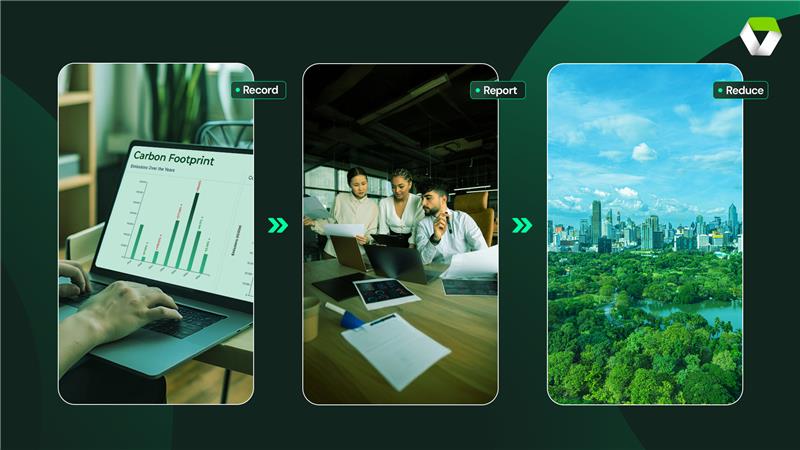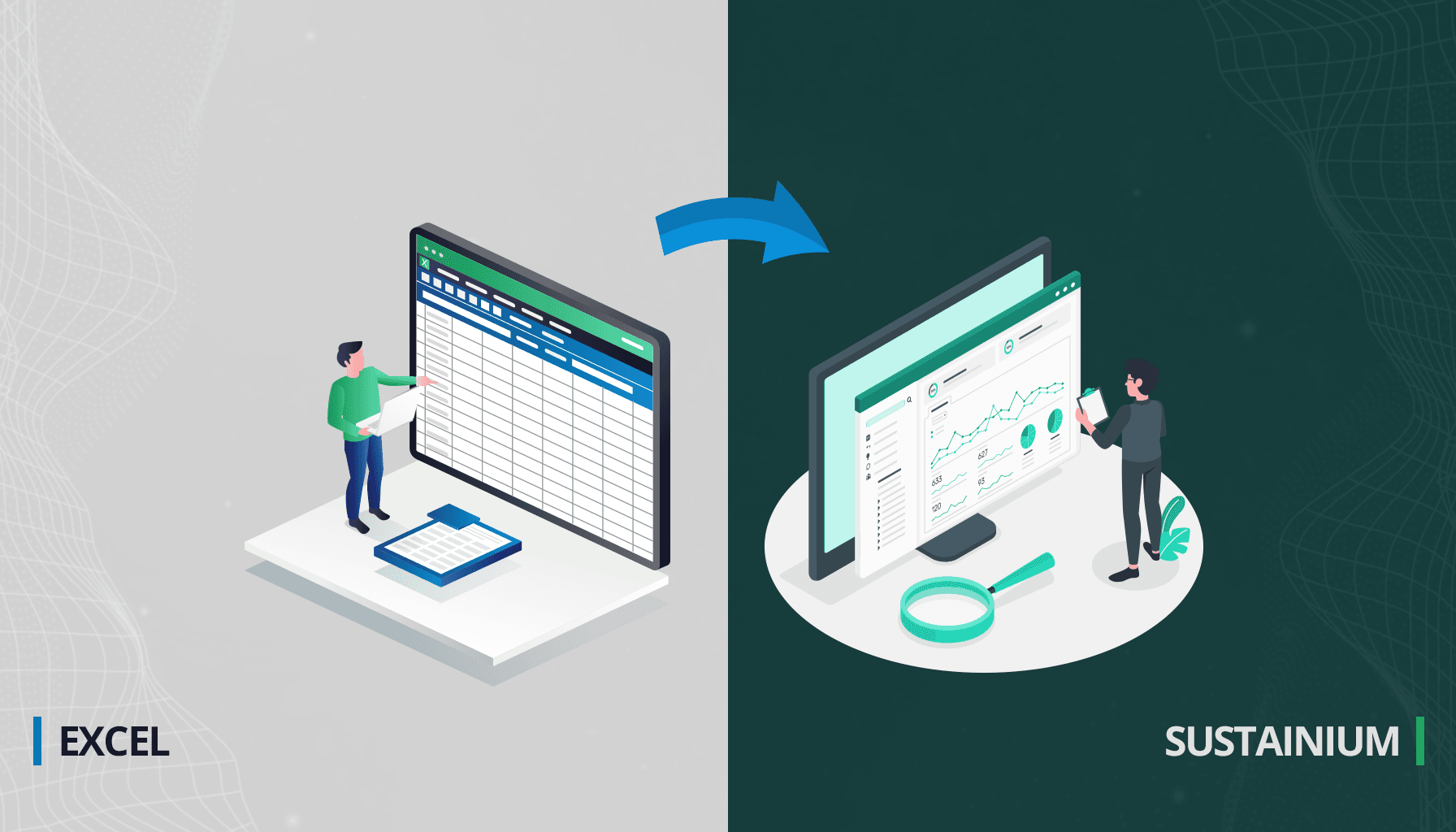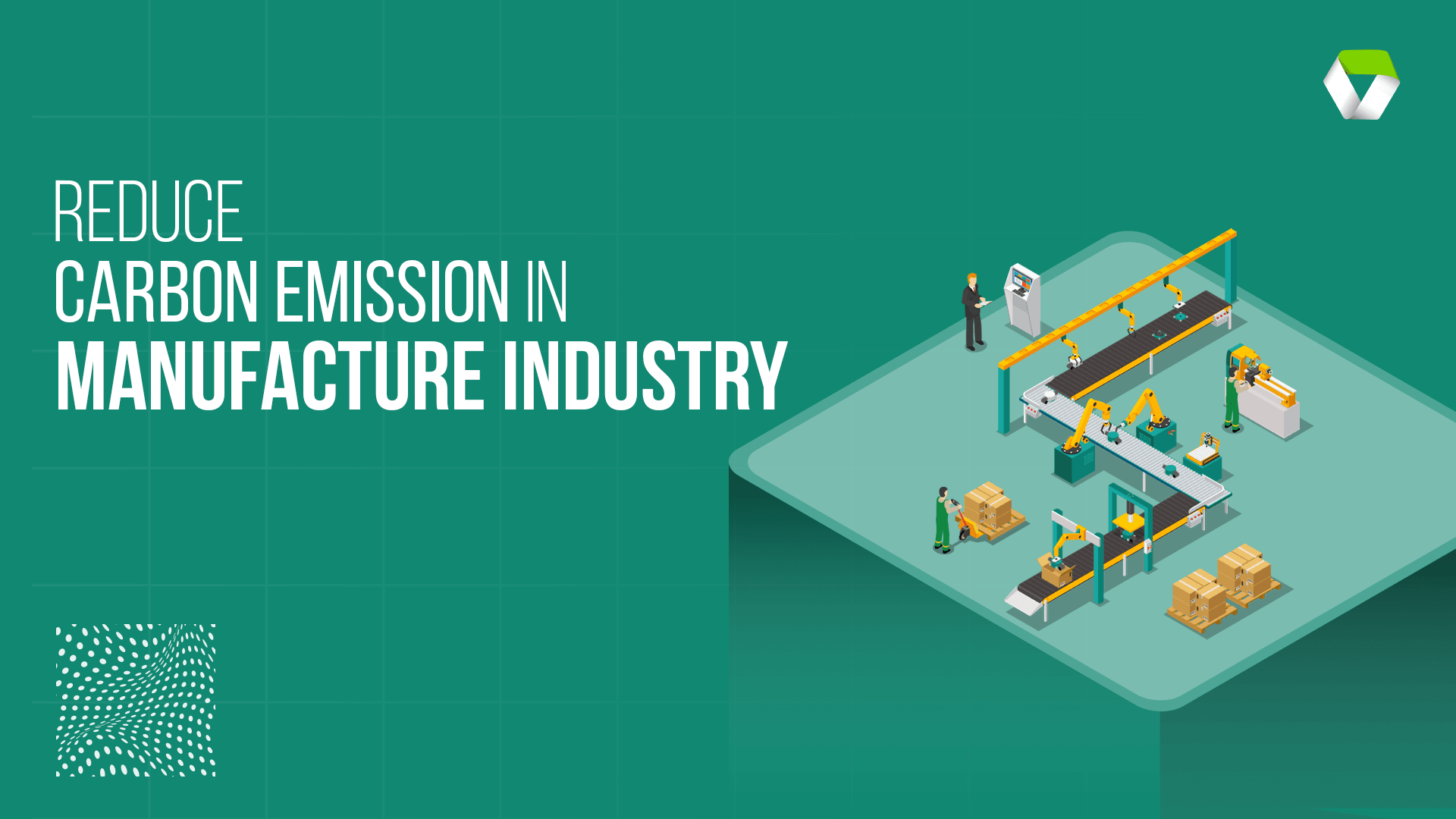Overcoming Hurdles: Navigating Challenges in Collecting Emissions Data

In the pursuit of sustainability, collecting accurate emissions data is a critical step for businesses of all sizes. However, the journey to quantifying environmental impact is not without its challenges. In this blog post, we'll explore the common hurdles businesses face in collecting emissions data and strategies to overcome these obstacles for a more accurate and streamlined sustainability measurement process.
1. Data Fragmentation: The Puzzle of Disparate Information
Challenge: One of the primary challenges in collecting emissions data is the fragmentation of information. Emission-related data often resides in different departments, systems, or spreadsheets, making consolidation a complex task.
Solutions:
- Implement Unified Systems: Integrate systems and technologies to centralize emissions-related data.
- Automation Tools: Leverage automation tools or dedicated carbon accounting software to streamline data collection from various sources.
2. Incomplete Reporting from Suppliers and other responsible external stakeholders in the value chain: The Collaborative Conundrum
Challenge: For businesses with complex supply chains, obtaining complete and accurate emissions data from suppliers and other responsible external stakeholders in the value chain can be a significant challenge. They may lack standardized reporting or may not have the resources for comprehensive emission measurement.
Solutions:
- Collaboration: Establish open communication with suppliers and other responsible external stakeholders in the value chain about the importance of emissions reporting.
- Education and Support: Provide resources, and support to help them implement good emission measurement practices.
3. Evolving Regulatory Requirements: Navigating a Shifting Landscape
Challenge: The regulatory landscape for emissions reporting is dynamic and can evolve rapidly. Keeping up with changing requirements and ensuring compliance becomes a persistent challenge for businesses.
Solutions:
- Regular Updates: Stay informed about GHG emissions regulations and reporting standards changes.
- Flexible Systems: Invest in flexible systems, such as Carbon or GHG accounting and reporting software, that can adapt to evolving regulatory landscapes.
4. Lack of Standardization: The Diverse Emission Metrics Landscape
Challenge: The absence of standardized emission metrics across industries and regions complicates the process of data collection. Different organizations may use varied methodologies, making comparisons and benchmarking challenging.
Solutions:
- Adopt Industry Standards: Embrace widely accepted frameworks like the Greenhouse Gas (GHG) Protocol for standardized reporting.
- Engage in Industry Collaboration: Participate in industry initiatives to establish common emission metrics and methodologies.
5. Limited Resources for Small Businesses: Scaling Sustainability
Challenge: Small businesses may lack the financial and human resources needed for comprehensive emission data collection. Limited budgets and manpower can hinder the adoption of sophisticated measurement tools.
Solutions:
- Prioritize Key Metrics: Focus on collecting data for the most impactful emission sources within the organization's control.
- Leverage Affordable Solutions: Explore cost-effective carbon accounting software designed for the needs of small businesses.
6. Data Accuracy and Quality Assurance: The Reliability Challenge
Challenge: Ensuring the accuracy and reliability of collected data is a persistent challenge. Human error, outdated equipment, and inconsistent measurement methodologies can compromise the quality of emissions data.
Solutions:
- Training and Education: Provide training for personnel involved in data collection to minimize errors.
- Regular Audits: Implement regular audits and quality assurance checks to verify the accuracy of emissions data.
Conclusion: Striving for Accurate and Actionable Data
In conclusion, while challenges in collecting emissions data are prevalent, proactive strategies can mitigate these hurdles. From addressing data fragmentation to fostering external stakeholder collaboration, embracing industry standards, and prioritizing resource-efficient solutions, businesses can navigate the complexities of emissions data collection. By overcoming these challenges, organizations not only enhance their quality of sustainability reporting but also lay the groundwork for impactful emission reduction strategies. Stay tuned for more insights on mastering sustainability in the corporate landscape!





